These are the 4 things I wish I knew before buying outdoor solar lights, so you don’t make the same mistakes I did
Outdoor solar lights can be both effective and aesthetic, but only if you buy the right ones
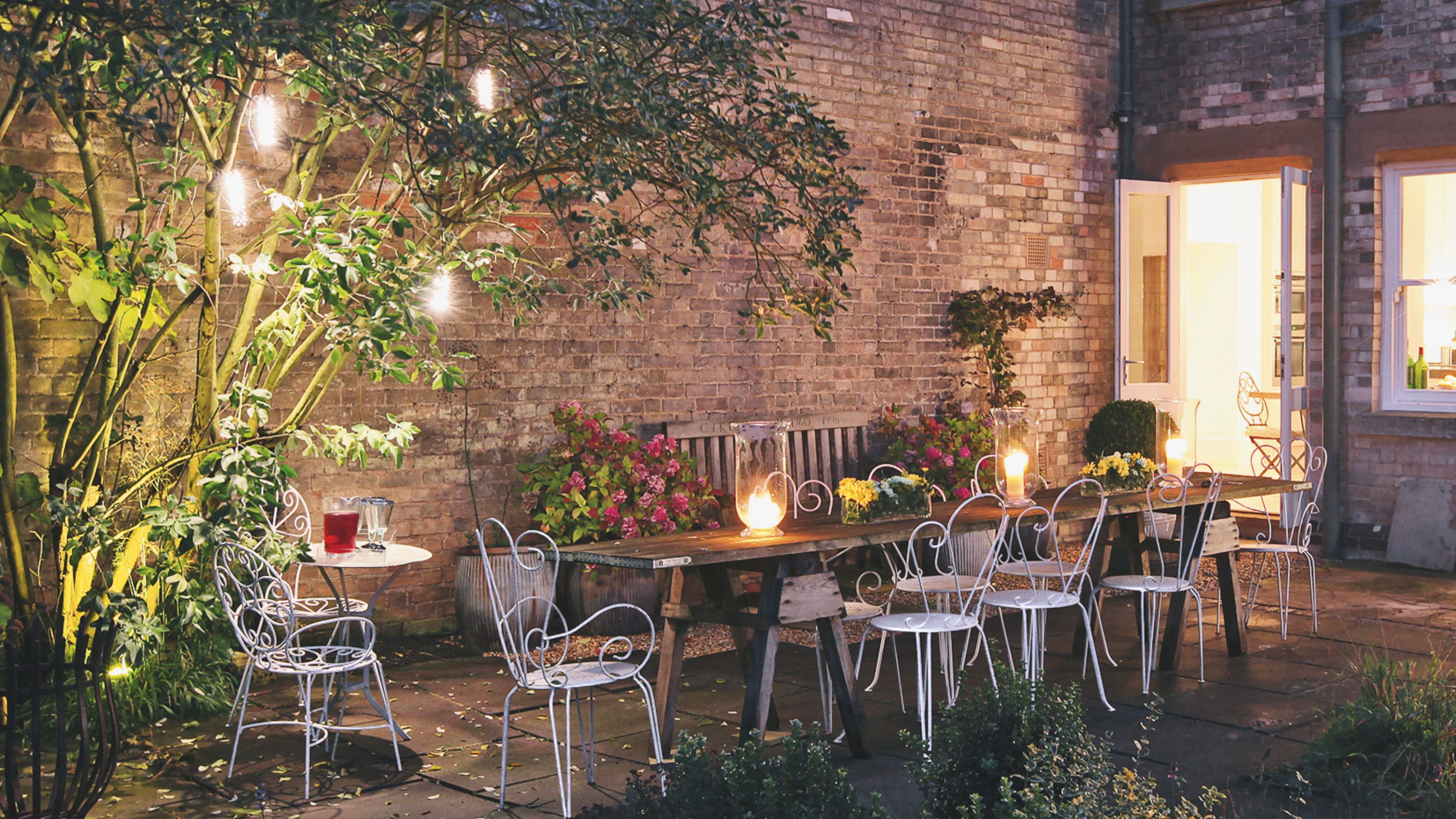

One thing you need to know about me is that I’m a big fan of lighting. I don’t know if it’s because I married an electrician or because I’m still a teensy bit afraid of the dark, but adding outdoor lights was a non-negotiable when we bought our house in 2020. However, I’m not ashamed to admit that I made some serious buying mistakes - and there are many things I wish I knew before buying outdoor solar lights.
Although there are countless garden lighting ideas out there, solar lights have always been at the top of my list. As I’m constantly on a mission to save energy at home, being able to add aesthetic (and practical) lighting to my garden and front porch without increasing my energy bills was a major plus. Plus, garden solar lighting comes in many different shapes and forms - from playful festoon lights to clever solar lights that lead you down the garden path.
But while I thought I was making the right choices when I bought outdoor solar lights, I quickly realised that buying them requires a little more research… and a lot more thought. That’s why I’ve compiled this list of the things I wish I knew before buying outdoor solar lights, so you don’t have to make the same mistakes I did.
1. Different lights serve different purposes
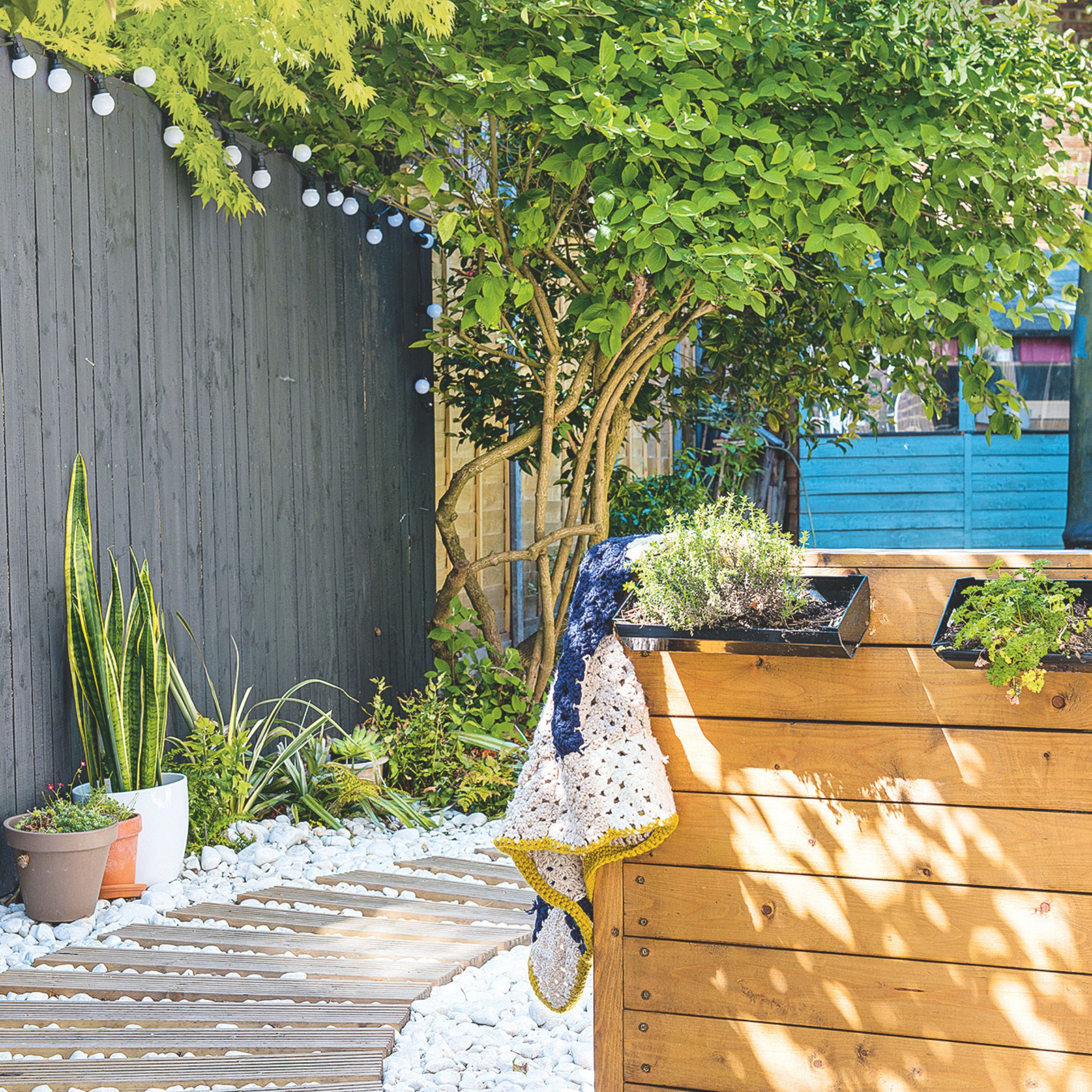
When I first bought solar lights, I bought two packs - one pack to brighten up my garden and another to serve as an effective security measure for the front of my house. And although the solar lights offered a gentle glow in the garden as I waited in the cold for my dog to do his business, the lights out the front were pretty dim and disappointing.
What I now know is that different solar lights serve different purposes, and it’s important to decide on this before you spend any money on them. This is echoed by Luke Dejahang, Director and Gardening Expert at Crown Pavilions.
He says, ‘Before purchasing outdoor solar lights, consider what you are using the lights for. Typically, solar lights are only for decoration and to add a bit of ambience to your garden. But if you are looking for something to really light up your garden at night for security purposes, then look at the lumens rating (a measure of brightness) to ensure the lights match your needs.’
In fact, it may be worth looking into the solar vs battery garden light debate if you want extra brightness in certain areas of the house. Or you could opt for smart home security measures instead.
Get the Ideal Home Newsletter
Sign up to our newsletter for style and decor inspiration, house makeovers, project advice and more.
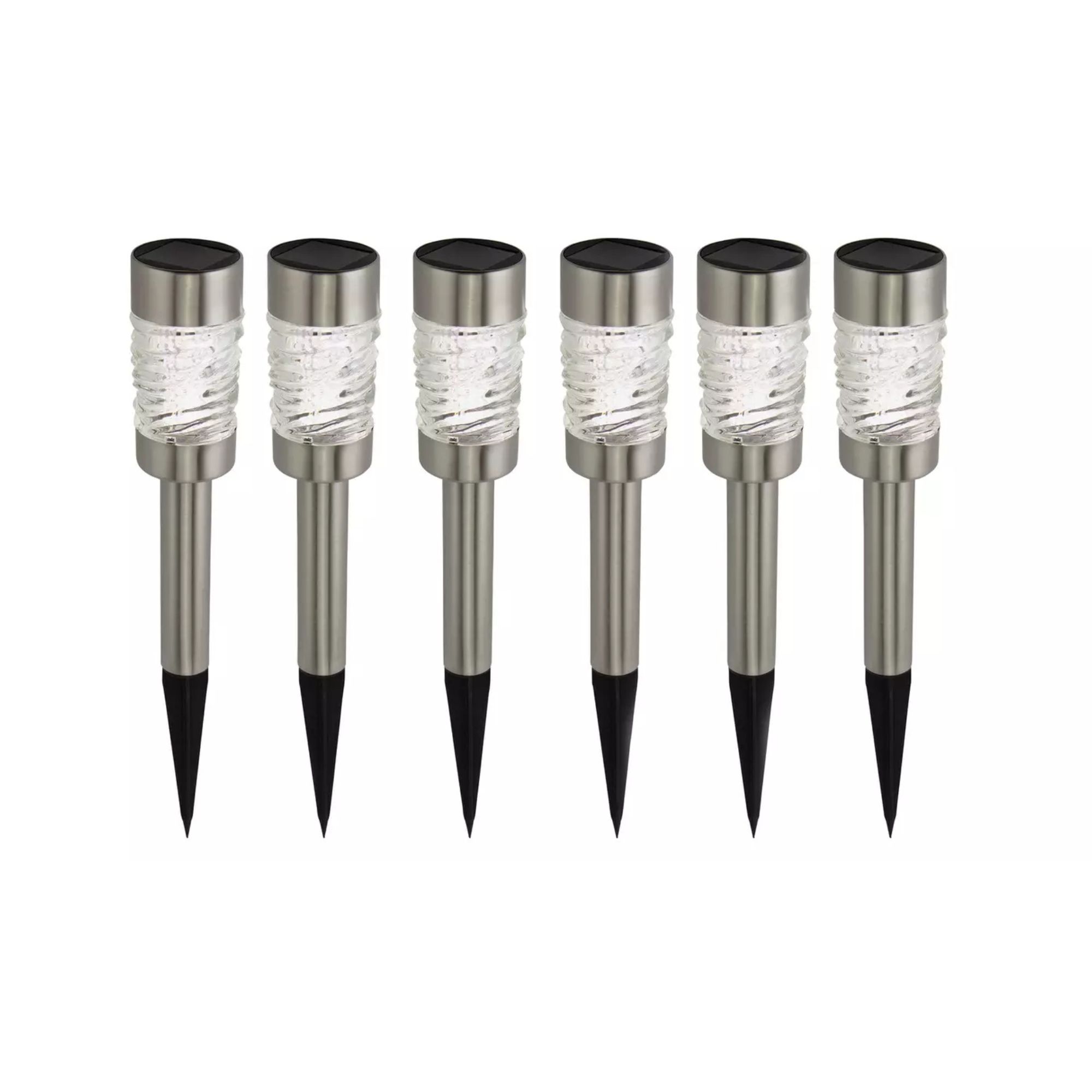
If you're looking for something to light the path to your front door or garden shed, these stake lights can do the trick. The battery is also recharged via the solar panel.
2. They won’t always work
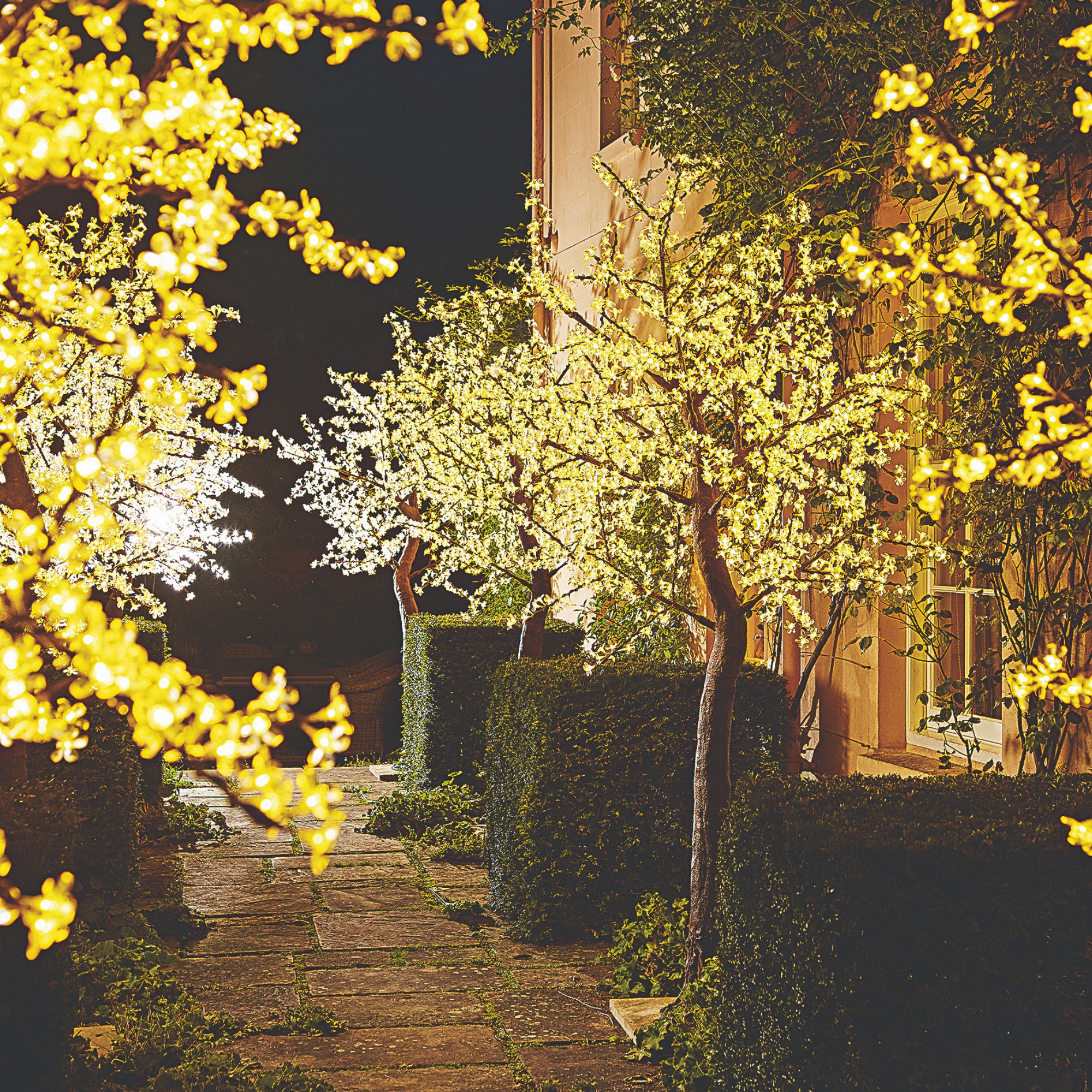
There’s no doubt that solar lights are an eco (and wallet) friendly alternative to battery or mains-powered outdoor lights, but one thing I learned the hard way is that solar lights won’t always work.
Luke explains, ‘Even in optimal conditions, solar lights typically run for 8-12 hours after a full charge and during the shorter days of autumn and winter, they may only illuminate for a few hours.’
In fact, there have been many occasions where my solar lights have barely even flickered during the winter months. And while there are certain things you can do to help solar lights work in winter, there’s no guarantee that they will.
It may be that you need to do your research and search for more advanced lights if you want constant lighting in your garden. As Amy Mason, Director of Product at Lights4fun, explains, ‘With solar technology advancing, some solar lights offer similar timer functions to plug in and battery-operated lights, and also offer the option to boost the solar panel with the USB charging cable to ensure illumination all winter long.’
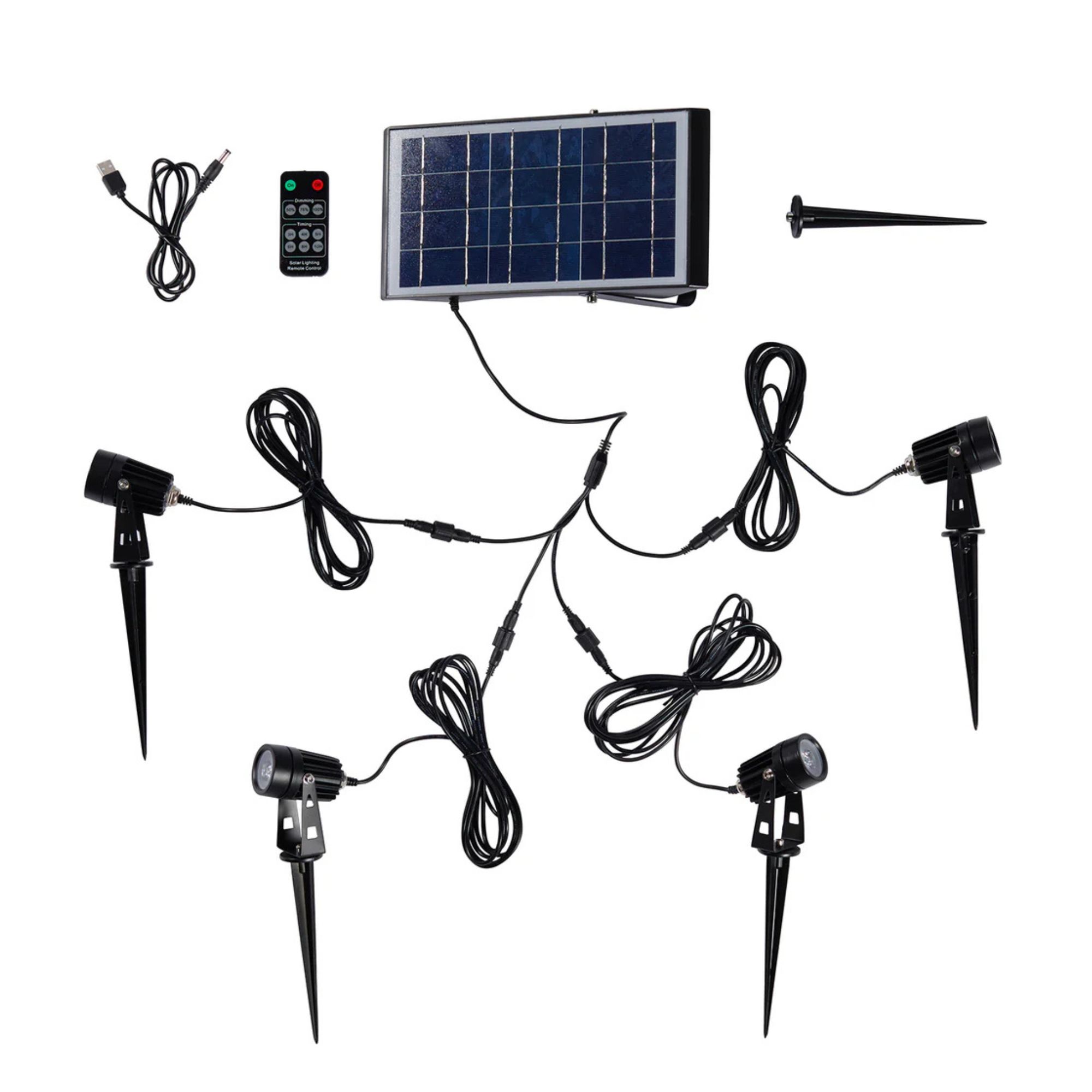
These impressive lights offer a remote to adjust the brightness, a timer, and even a USB cable to charge them up during the winter months when sunlight is scarce.
3. The location matters more than anything
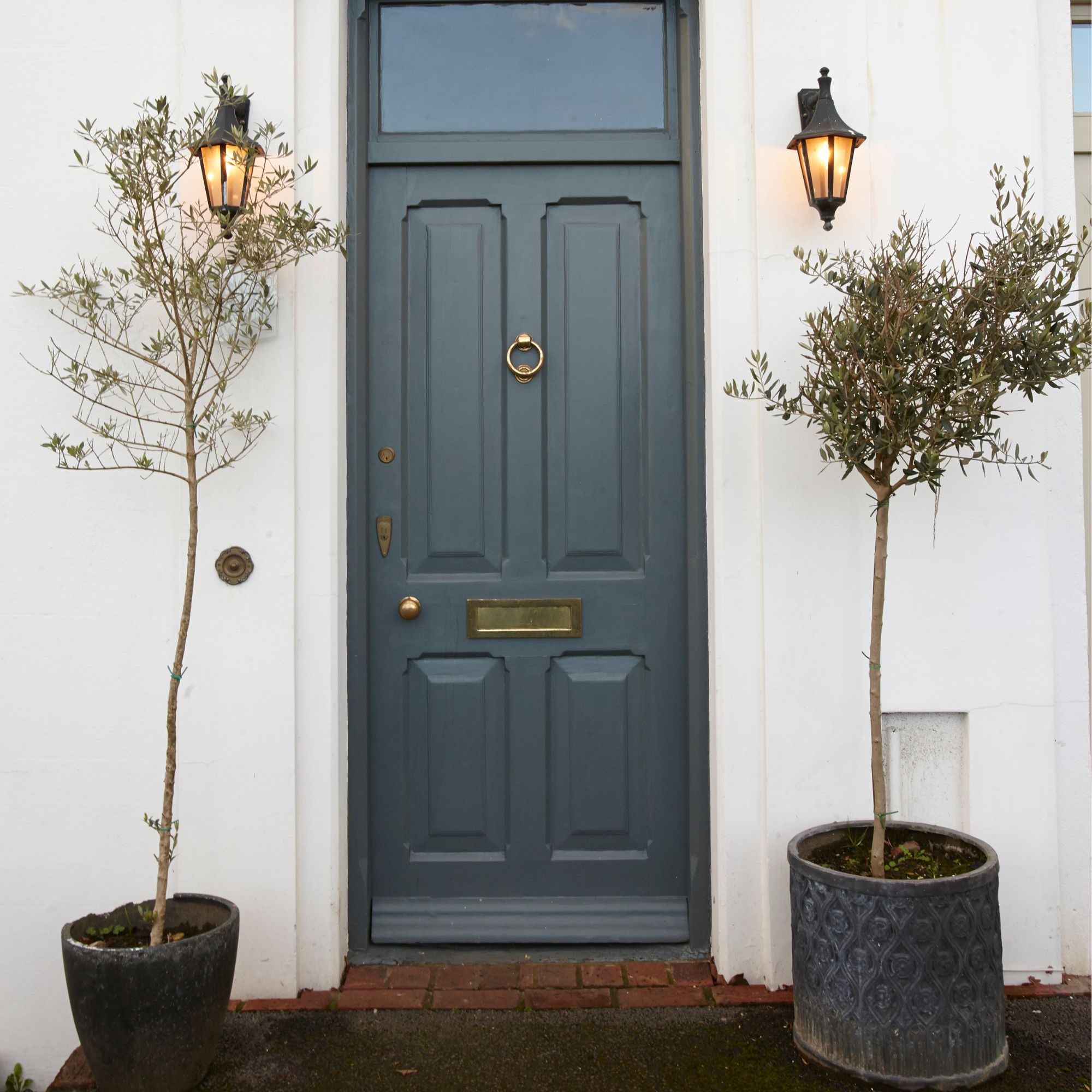
Ultimately, if there’s no sunlight, there’ll be no working outdoor solar lights. I learned this myself when I popped my solar lights in front of the shed in my south-facing garden - an area which is shrouded in shade when the sun is at its highest.
Because of this, one thing everyone needs to know before buying outdoor solar lights is that the location matters more than anything, and you should aim to place them somewhere that’ll get as much sunlight as possible.
Luke says, ‘To maximise efficiency, place your solar lights in an area that receives at least 6-8 hours of direct sunlight per day and avoid placing them near shadows cast by trees, buildings, or other obstructions. Some models have adjustable solar panels, which can be helpful if your installation area is not perfectly oriented toward the sun.’
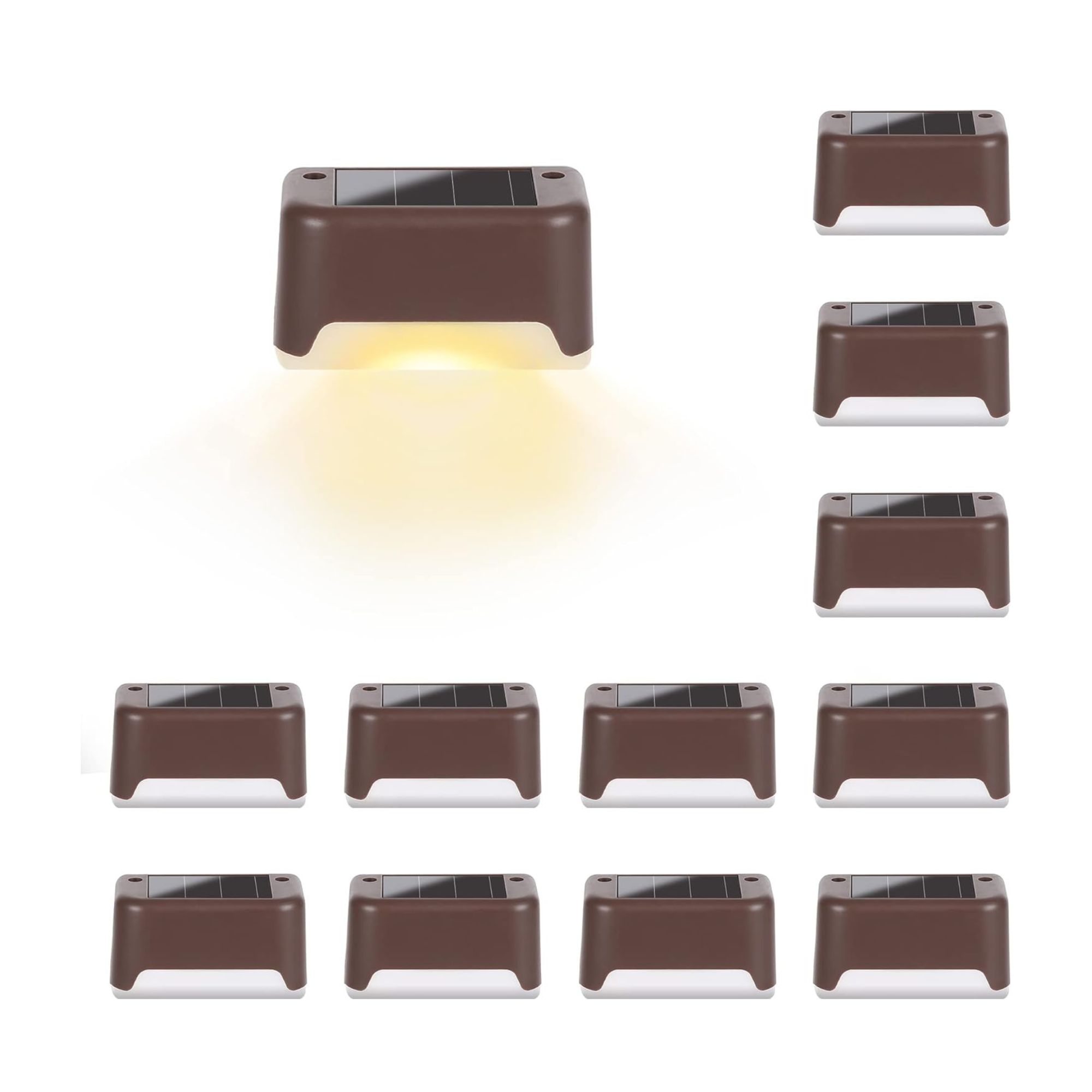
After a few failed attempts at buying solar lights, I bought these ones for my fence, and the fact that they sit on top of the fence means that they're always getting as much sunlight as possible. So far, I'm incredibly impressed.
4. If you buy cheap, you often have to buy twice
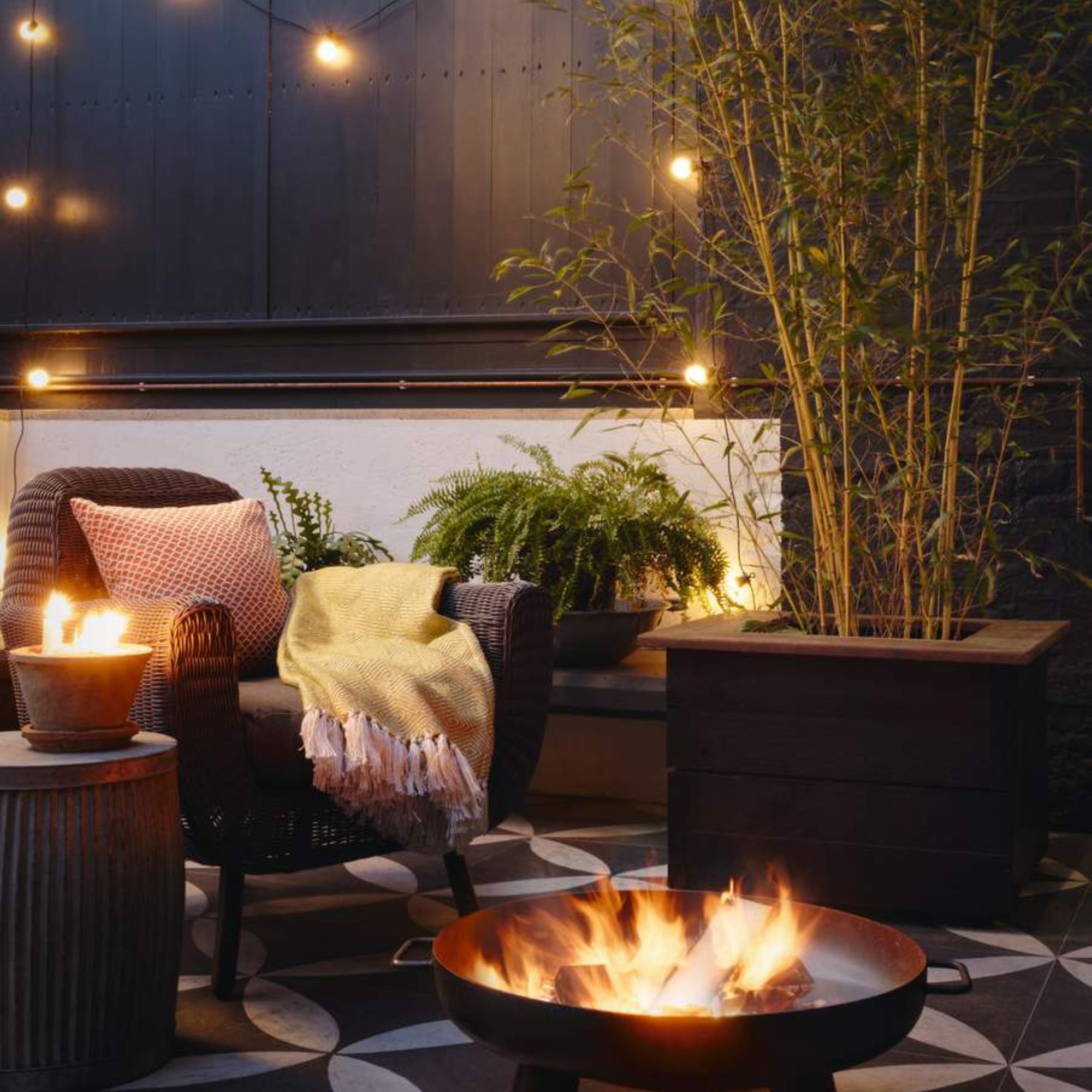
I’ve always been relatively frugal with my spending, so I went for the cheapest option I could find when I bought my first set of outdoor lights (without consulting my electrician husband beforehand). As soon as he opened the packet to install them in the garden, he looked at me and rolled his eyes.
He then told me that with lighting - especially outdoor lighting - it’s always better to opt for higher quality products even if they come with a higher price tag. And if you buy cheap, you buy twice… something I had to do not long after the cheap outdoor lights inevitably stopped working.
And while paying more may seem pointless to fellow savers like me, higher-quality solar lights will always have better features.
Luke says, ‘If your solar lights will be exposed to harsh weather, opt for lights that are built to withstand rain, snow, and wind. Look for lights with a high IP (Ingress Protection) rating, which indicates their level of water and dust resistance. A rating of IP65 or higher is typically suitable for outdoor use.’
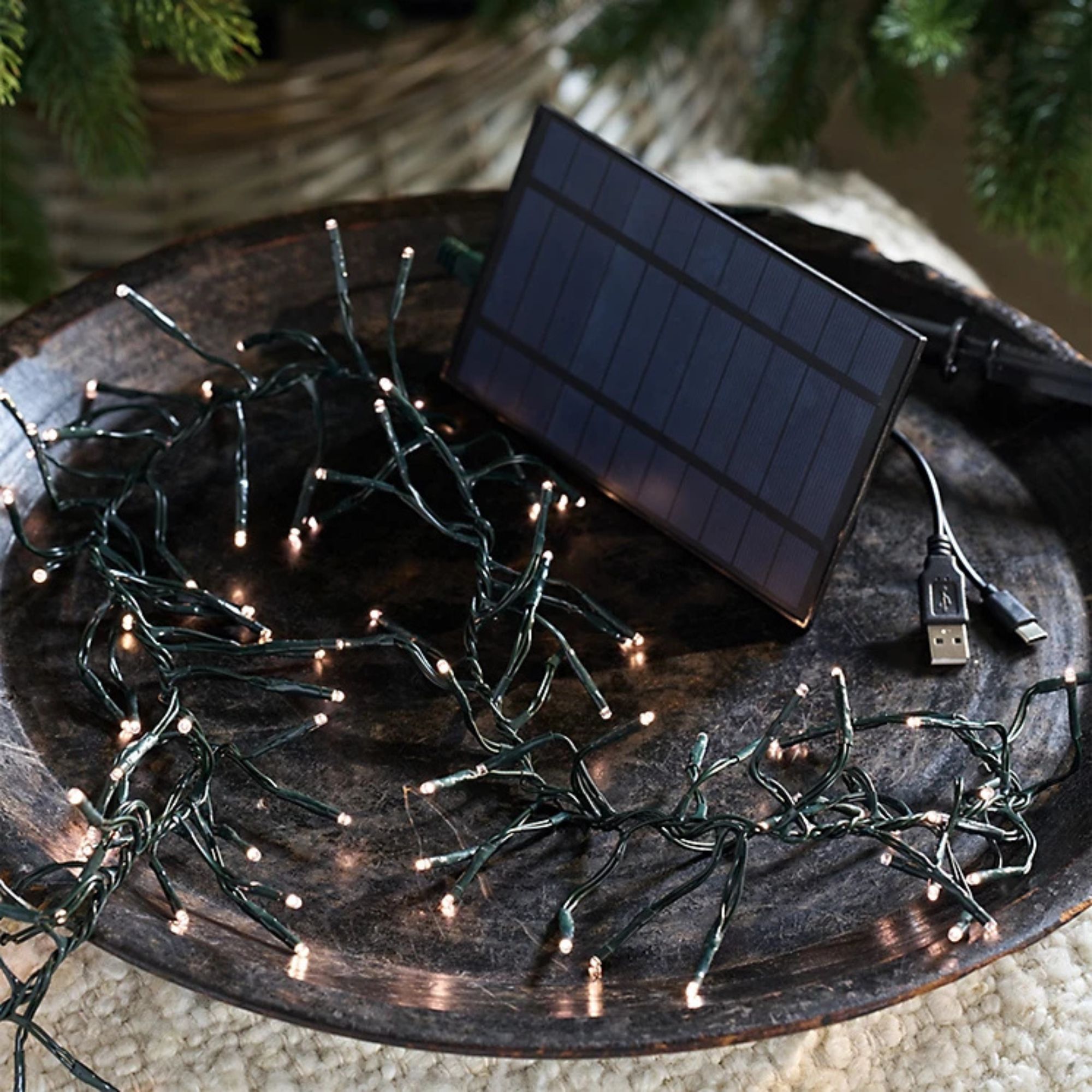
If you want to deck your outside space with dainty fairy lights, these are some of the best you can buy. They're also suitable for both indoor and outdoor use, so you can really make the most of them.
FAQs
How many lumens should outdoor solar lights have?
This ultimately depends on how you plan to use these outdoor solar lights. If you just want to add some gentle ambience to your outdoor space, aim to buy lights between 50-100 lumens, as these will suit you best.
If you want to add path lights to your garden to aid visibility during the winter months, you may need to increase that to 100-200 lumens to add that extra brightness.
For those who want to add outdoor solar lights for security purposes and therefore want extra brightness, you should opt for lights that offer between 700-1300 lumens.
How long do solar lights last outside?
If you buy cheap solar lights, you may find that they only last a few months or a year at most. But if you do your research and find high-quality solar lights that offer you everything you need, they can last years.
In fact, high-quality solar lights will typically last between 5–10 years. You need to ensure that you regularly clean and maintain these lights if you want them to last this long, though. So, give them a wipe down with a damp cloth every now and then to remove dust and debris.
In some cases, you may also have to replace the batteries every 1-2 years to ensure they continue to light up your outside space.
With these things in mind, make sure you don’t make the same mistakes I did when buying outdoor solar lights!

Lauren Bradbury has been the Content Editor for the House Manual section since January 2025 but worked with the team as a freelancer for a year and a half before that. She graduated with a Bachelor’s degree in English and Creative Writing from the University of Chichester in 2016. Then, she dipped her toe into the world of content writing, primarily focusing on home content. After years of agency work, she decided to take the plunge and become a full-time freelancer for online publications, including Real Homes and Ideal Home, before taking on this permanent role. Now, she spends her days searching for the best decluttering and cleaning hacks and creating handy how-to guides for homeowners and renters alike, as well as testing vacuums as part of her role as the Ideal Home Certified Expert in Training on Vacuums, having spent over 110 hours testing different vacuum models to date!
-
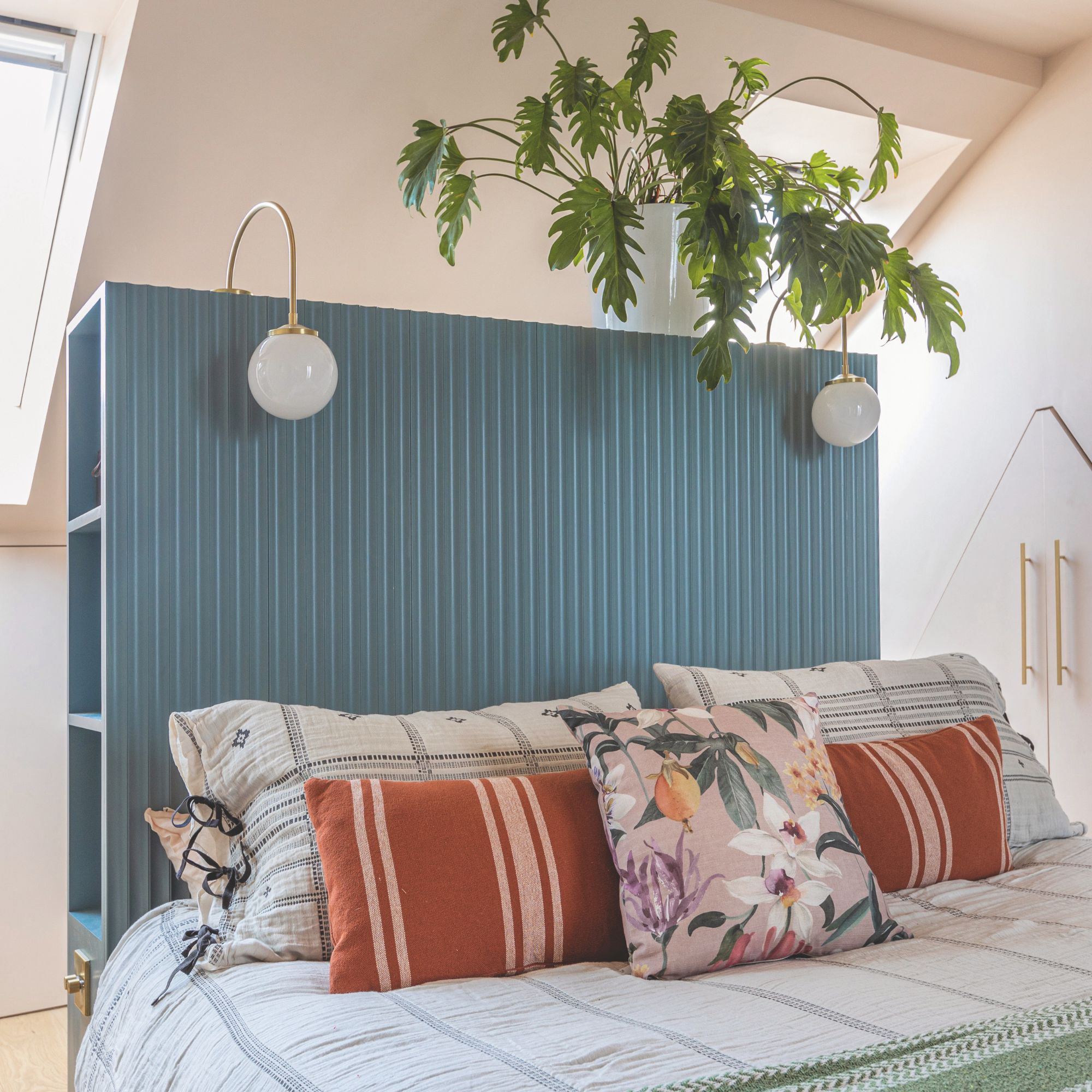 5 signs you’ve taken decluttering too far — and how you can pull yourself back, according to organisation experts
5 signs you’ve taken decluttering too far — and how you can pull yourself back, according to organisation expertsYou might have to start resisting the urge to purge
By Lauren Bradbury
-
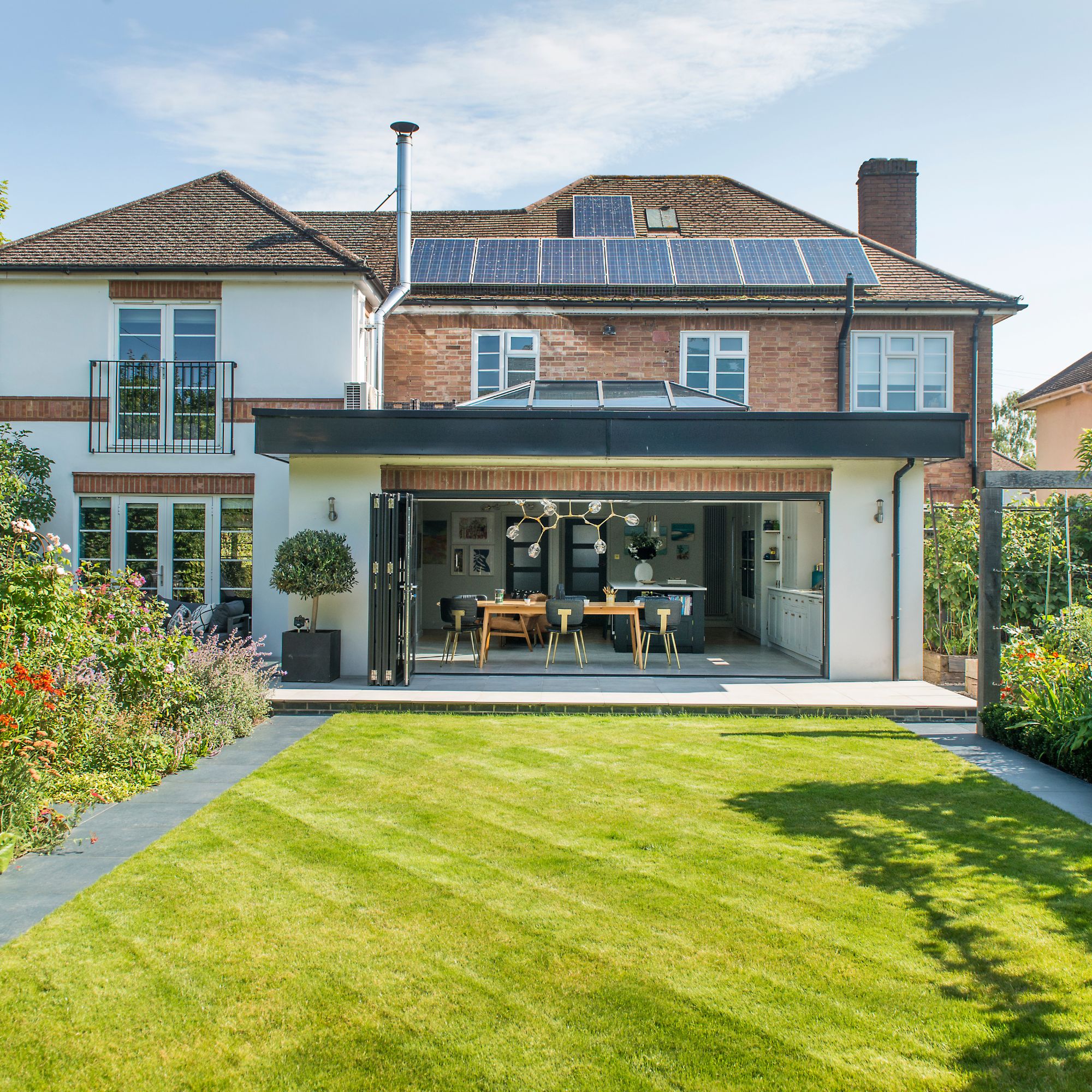 What is the Party Wall Act 3m rule and is it something you should be worried about? This is what the experts say
What is the Party Wall Act 3m rule and is it something you should be worried about? This is what the experts sayDon't get caught off-guard by the Party Wall Act 3m rule — our expert guide is a must-read
By Natasha Brinsmead
-
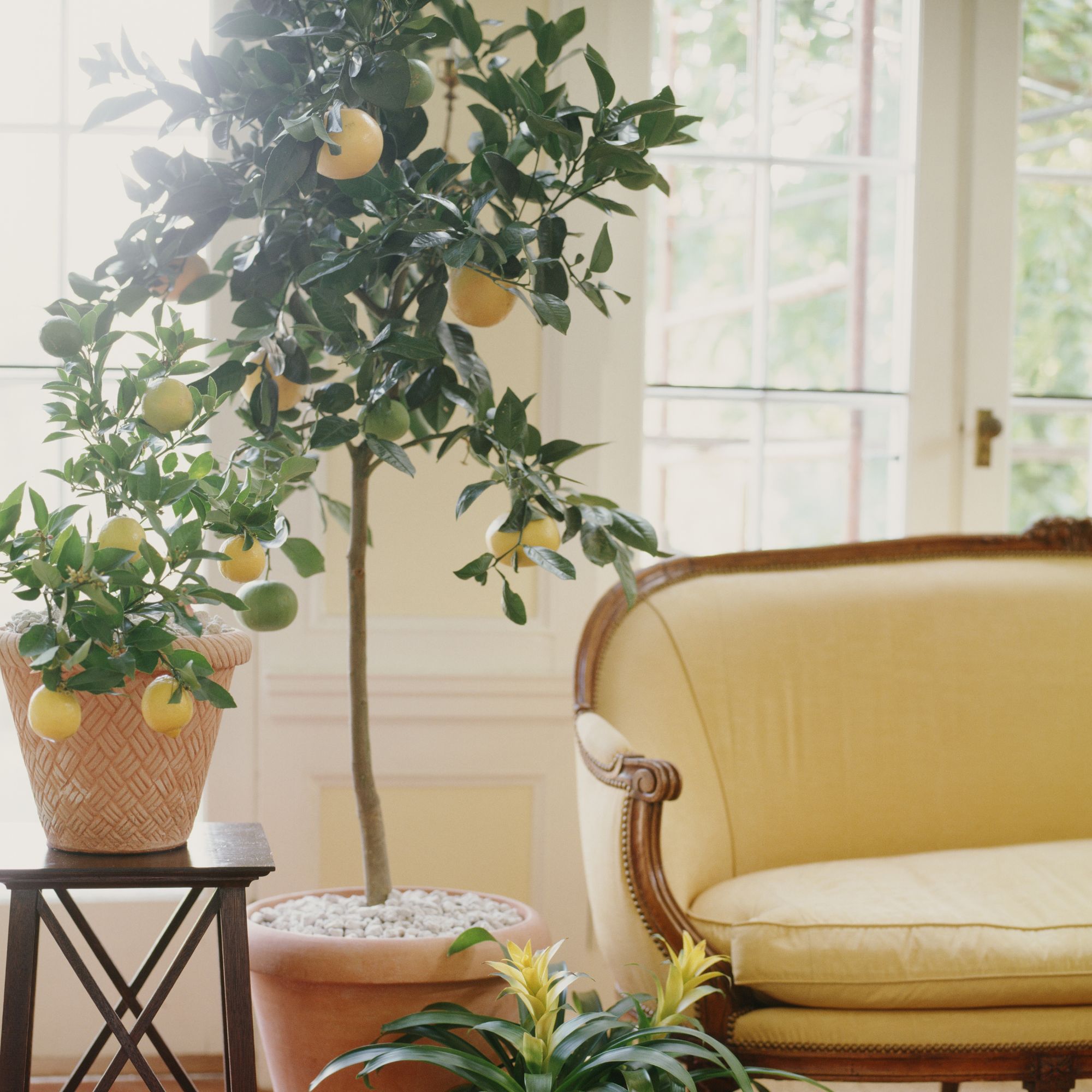 Shoppers can’t get enough of The Range’s lemon tree, but I’ve found an even cheaper bestseller at B&Q - it’s perfect for a Mediterranean look
Shoppers can’t get enough of The Range’s lemon tree, but I’ve found an even cheaper bestseller at B&Q - it’s perfect for a Mediterranean lookWelcome the summer with this glorious fruit tree
By Kezia Reynolds
-
 Shoppers can’t get enough of The Range’s lemon tree, but I’ve found an even cheaper bestseller at B&Q - it’s perfect for a Mediterranean look
Shoppers can’t get enough of The Range’s lemon tree, but I’ve found an even cheaper bestseller at B&Q - it’s perfect for a Mediterranean lookWelcome the summer with this glorious fruit tree
By Kezia Reynolds
-
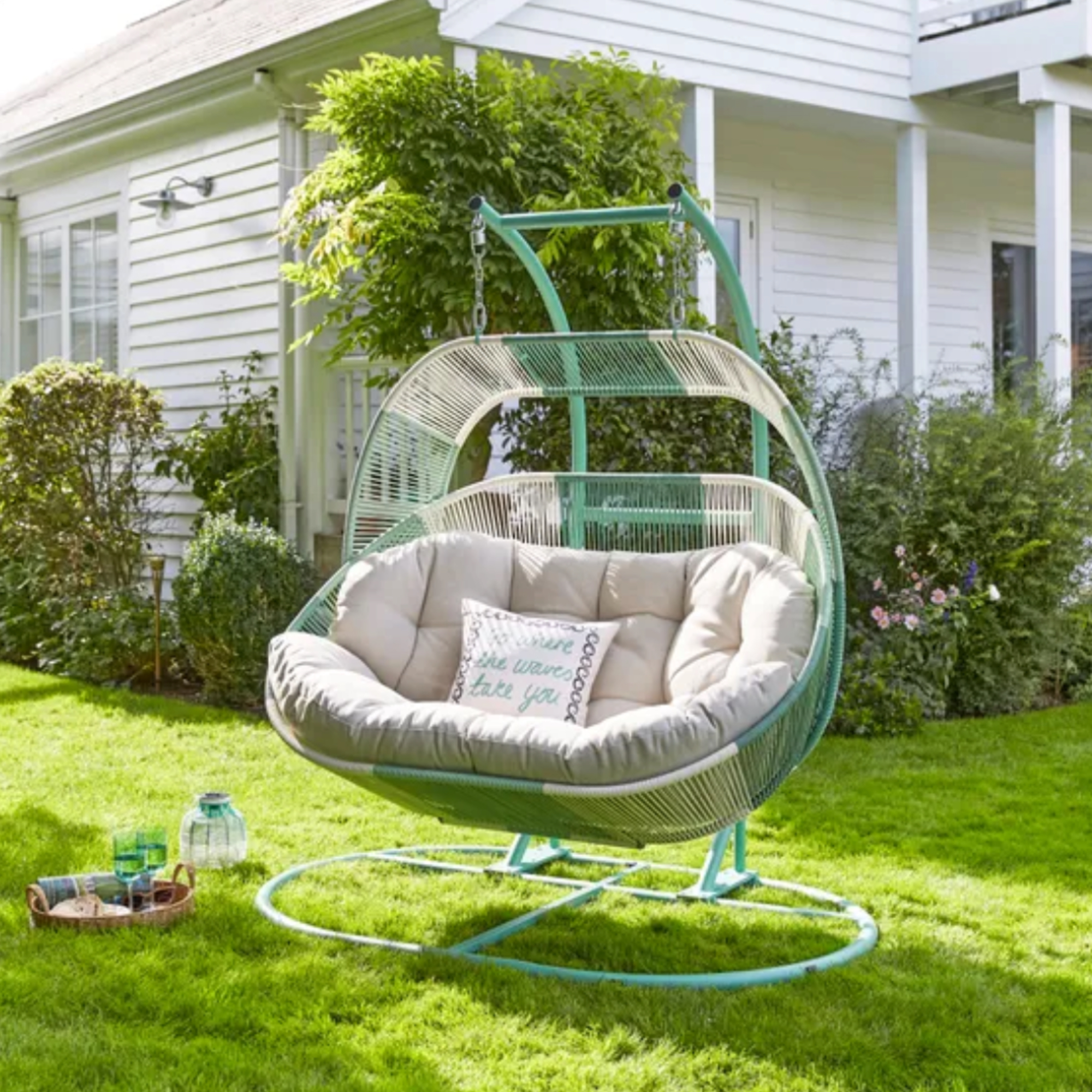 I'm a stylist with an eye for expensive-looking high street finds – these 6 garden furniture pieces at Dunelm are on my radar
I'm a stylist with an eye for expensive-looking high street finds – these 6 garden furniture pieces at Dunelm are on my radarThese pieces all look more than their price tag
By Laurie Davidson
-
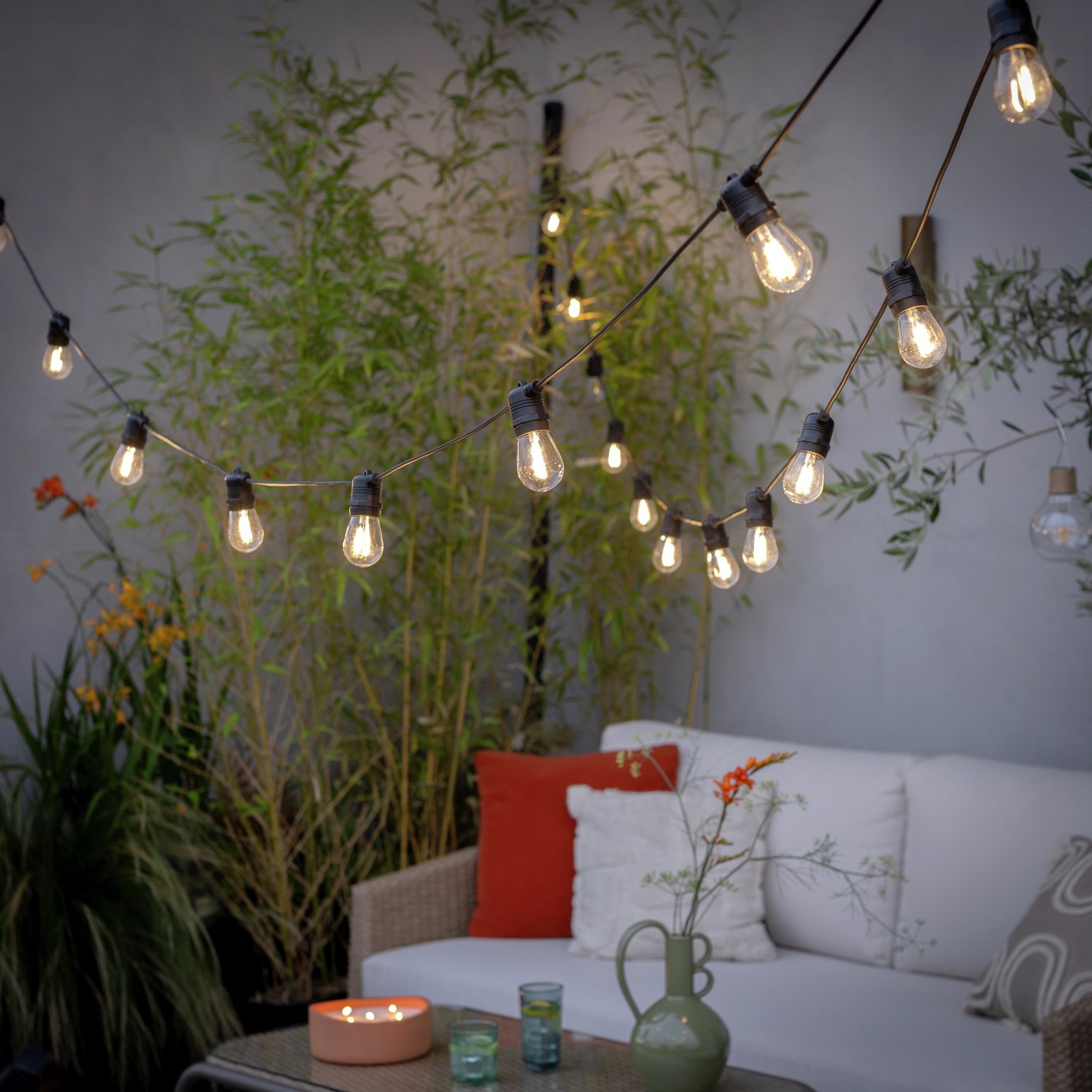 The 6 outdoor lights from Habitat that I'm choosing between to make my outdoor space look more expensive this summer
The 6 outdoor lights from Habitat that I'm choosing between to make my outdoor space look more expensive this summerI couldn’t believe some of the prices
By Ellis Cochrane
-
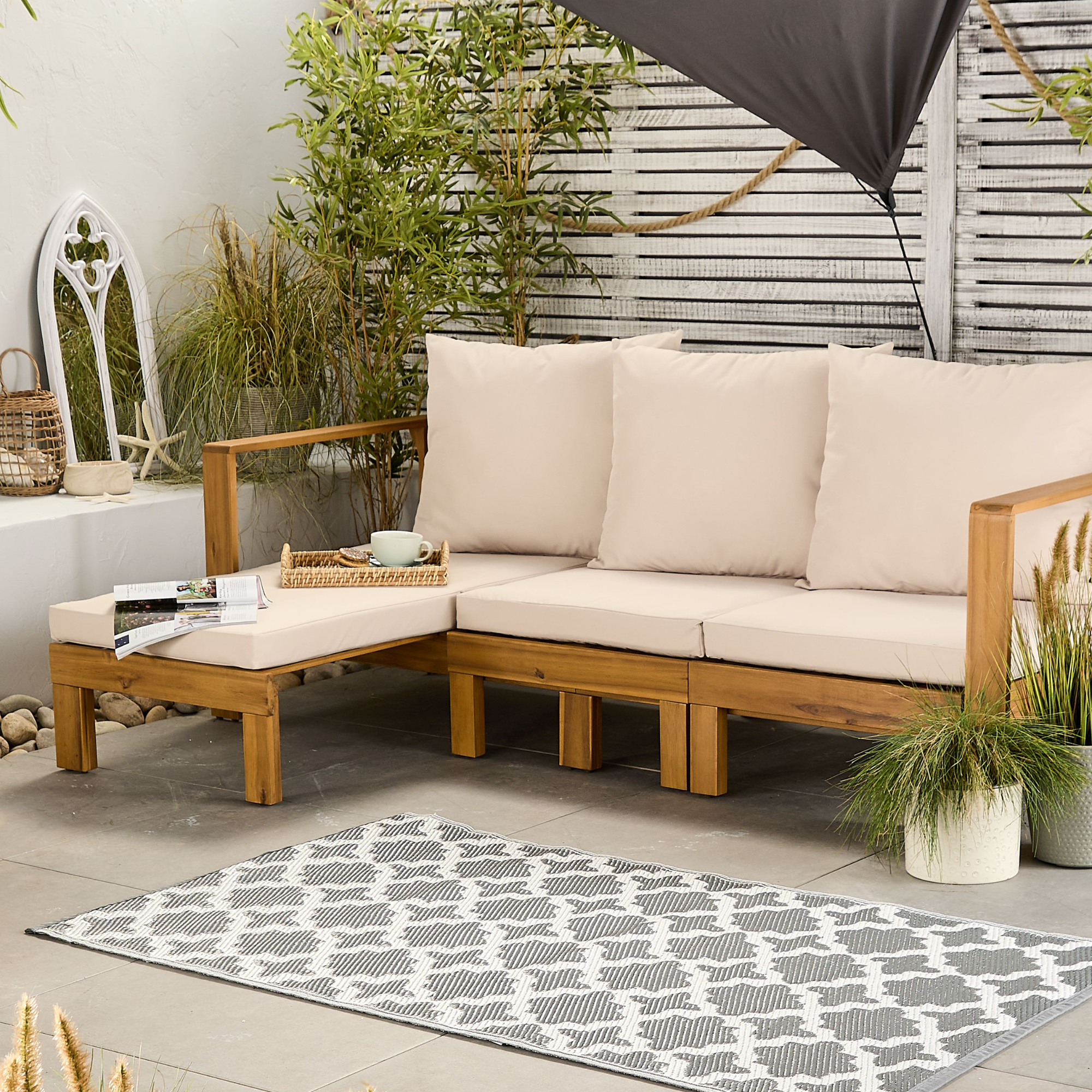 Aldi is launching a £200 day bed with four different features - its sleek design is suited to the whole family
Aldi is launching a £200 day bed with four different features - its sleek design is suited to the whole familyYou don't want to miss out on this Specialbuy
By Kezia Reynolds
-
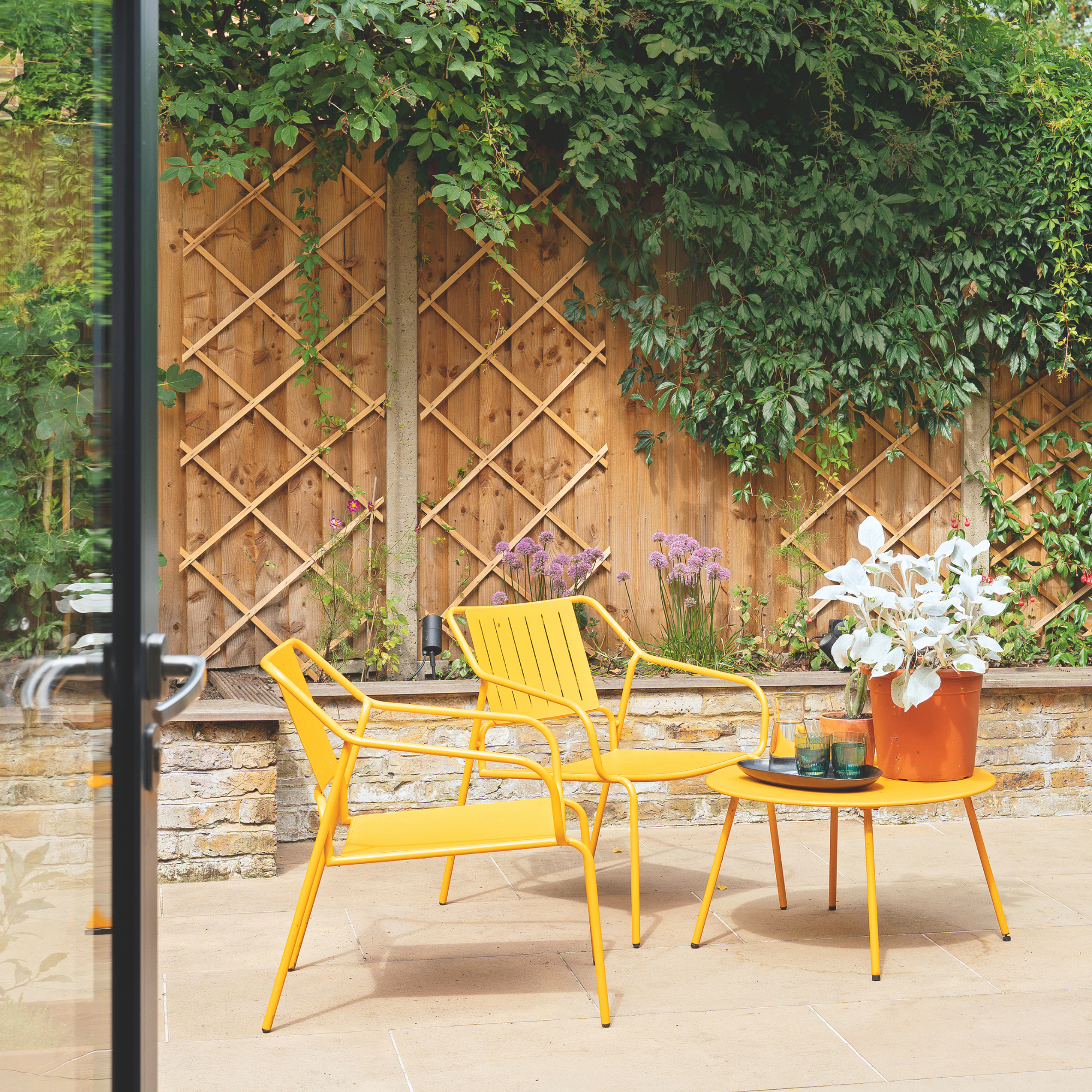 I’m seeing pastel garden furniture at all my favourite brands this spring, but QVC’s sorbet collection impressed me the most
I’m seeing pastel garden furniture at all my favourite brands this spring, but QVC’s sorbet collection impressed me the mostFresh pastel shades are a great way to liven up your outdoor space
By Kezia Reynolds
-
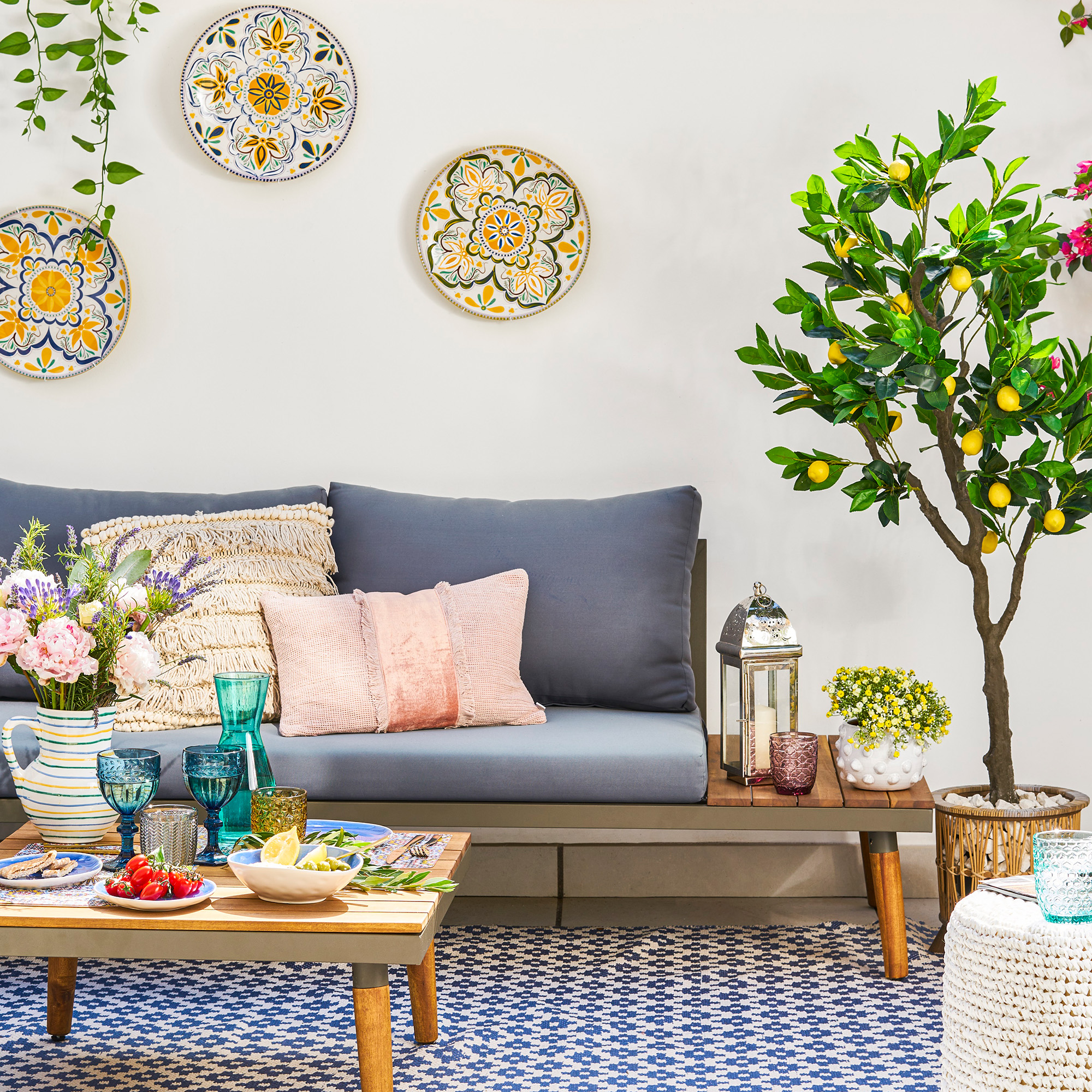 I spent the afternoon looking through Wayfair's garden sale – these are the 6 pieces I'm buying immediately for summer
I spent the afternoon looking through Wayfair's garden sale – these are the 6 pieces I'm buying immediately for summerThese are my must-have garden buys from the sale
By Holly Reaney
-
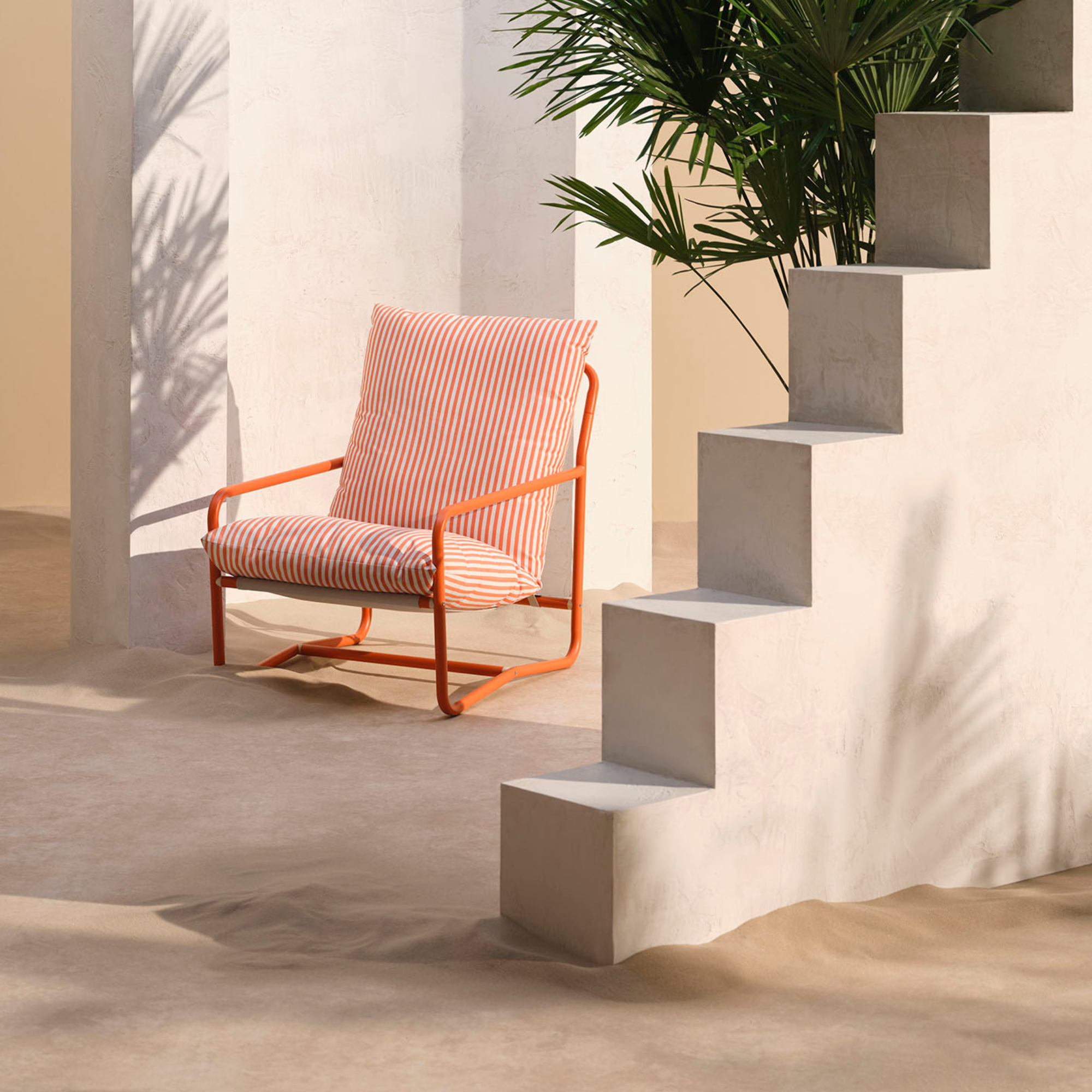 I’ve found the perfect alternative to John Lewis’ sold-out striped garden chair – and you won’t believe where it's from
I’ve found the perfect alternative to John Lewis’ sold-out striped garden chair – and you won’t believe where it's fromJohn Lewis' Sling Garden Chair is one of the most stylish pieces of garden furniture I'd seen – until I tracked down this QVC lounge chair...
By Kezia Reynolds
-
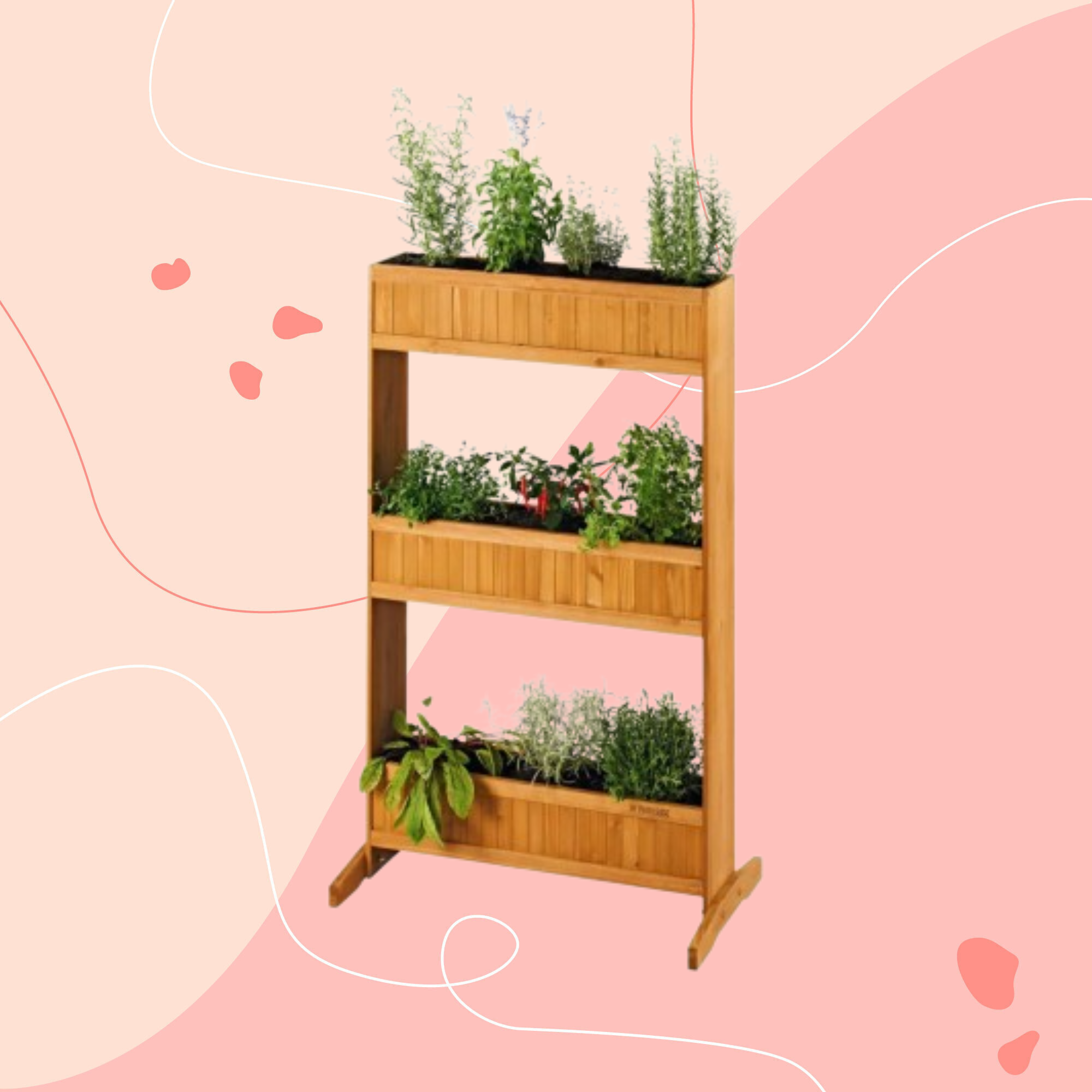 Lidl is selling a smart tiered planter that will unlock extra planting space in a tiny garden or balcony
Lidl is selling a smart tiered planter that will unlock extra planting space in a tiny garden or balconyWhy I've been eyeing this planter up for my tiny garden
By Kezia Reynolds